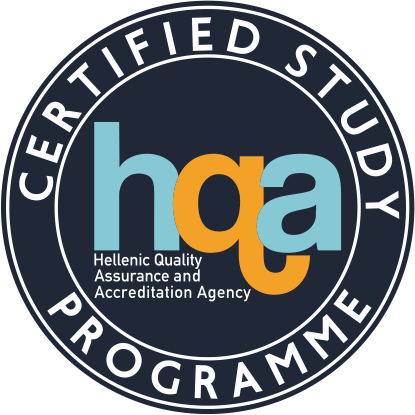| School |
Natural Sciences |
Academic Unit
|
Geology Department |
Level of Studies
|
Undergraduate |
Course Code
|
GEO_806 |
| Εξάμηνο σπουδών |
7ο |
Course Title
|
Elements of Geotechnical Engineering |
Independent Teaching Activities
|
Lectures, Laboratory Work, Τtutorials |
Weekly Teaching Hours
|
2L, 1LW, 1T |
| Credits |
5 |
Course Type
|
Field of Science and Skills Development |
Prerequisite Courses
|
Typically, there are not prerequisite course. It is however recommended that students should have at least a basic knowledge of Engineering Geology |
Language of Instruction & Examinations
|
Greek. Teaching may be however performed in English in case that foreign students attend the course |
Is the Course offered to Erasmus Students
|
Yes |
| Course Web-Page (URL) |
https://eclass.upatras.gr/courses/GEO368/ |
Learning Outcomes
|
The course gives the theoretical and objective knowledge related to the determination of basic soil parameters - characteristics for foundation purposes, as well as the design methodologies of technical work foundations. Additionally, combining quality control topics as regards geomaterials for embankments, aggregates and geosynthetics are examined.
By the end of this course the student will possess cognitive and practical skills and has the ability to:
- Utilization of know - how as regards the quality control of geomaterials (aggregates and embankments) as well as geosynthetics through laboratory and on - site methodologies and simulations (use of appropriate methods, materials and instruments)
- Application of knowledge and creative thinking to solve problems related to safe design of technical works foundations under difficult geological conditions
Also the student in the working environment has the ability to respond:
- With competence in interdisciplinary required by technical works (study - construction)
- With responsibility and reliability in the case of autonomous employment
|
General Competences
|
- Retrieve, analyze and synthesize data and information, using the necessary technologies
- Decision making
- Adapt to new situations
- Working in an interdisciplinary environment
|
| Syllabus |
- The state of stress at soil mass: Stress distribution, geostatic stresses, effective and total stresses
- Shear strength of soils : soil material failure, determination of shear strength parameters - laboratory testing, shear strength of cohesive and cohesionless soils
- Deformation of soils – Consolidation. Laboratory testing
- Foundation of technical works: bearing capacity of soils, types of foundation, design parameters, allowable bearing capacity, soil settlements
- Soil compaction – construction of embankments
- Aggregates and quality control
- Geosynthetic materials: types, characteristics, quality control, uses and applications
- Laboratory work in: (a) laboratory soil testing (Soil Mechanics) for foundations (b) soil suitability for embankment construction (c) quality control for aggregates, according to ASTM, BS and EN standards
|
| Delivery |
Lectures and laboratory work face to face. |
Use of Information & Communication Technology
|
- Use of Information and Communication Technologies (ICTs) (power point) in teaching.
- Support of Learning Process and Dissemination of educational material through the e_class platform
|
Teaching Methods
|
| Activity |
Semester workload |
| Lectures (2 conduct hours per week x 13 weeks) |
2Χ13=26 |
| Laboratory work (1 conduct hour per week x 13 weeks) including practice in testing procedure and apparatuses as regards (a) foundations (b) soil suitability for embankment construction (c) quality control for aggregates |
1Χ13=13 |
| Tutorials |
1Χ13=13 |
| Autonomous study |
73 |
| Total number of hours for the Course |
125 |
|
Student Performance Evaluation
|
Ι) Laboratory exercise and exams (30%):
(a) Each lab exercise is resolved and delivered the next week after its educational process. After it is corrected, marked and returned to the student.
The average mark of all lab exercises is calculated.
(b) Final written examination on laboratory exercises.
Final Lab Work Grade =(a)*9% + (b)*21%
ΙΙ) Final Written Course Exams (70%):
Five (5) questions of short answer related to lectures |
Attached Bibliography
|
Textbooks :
- Τεχνική Γεωλογία (2002). Γ. Κούκης, Ν. Σαμπατακάκης Εκδόσεις Παπασωτηρίου, σελ. 514.
- Εφαρμογές της Τεχνικής Γεωλογίας και Γεωτεχνικής στα Τεχνικά Έργα (2015). Ν. Σαμπατακάκης, Γ. Κούκης, Ν. Δεπούντης. Εκδόσεις Πανεπιστημίου Πατρών, σελ. 131
- Element of soil mechanics, Ian Smith, 8th edition
- Geotechnical Engineering Handbook, Braja Das, Ross Publishing
Scientific international Journals:
- Bulletin of Engineering Geology and the Environment. Springer
- Engineering Geology. Elsevier.
- Geotechnical and Geological Engineering. Springer
|





